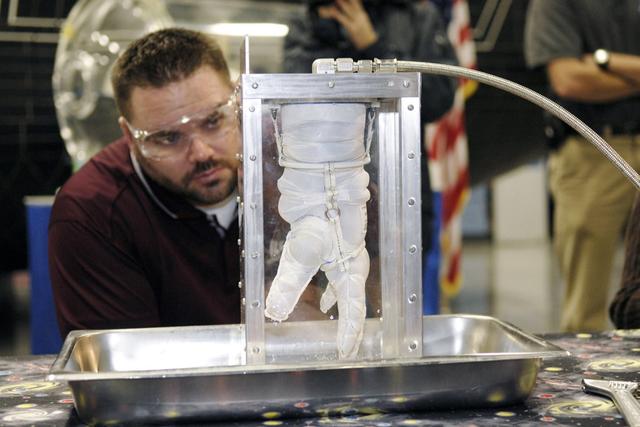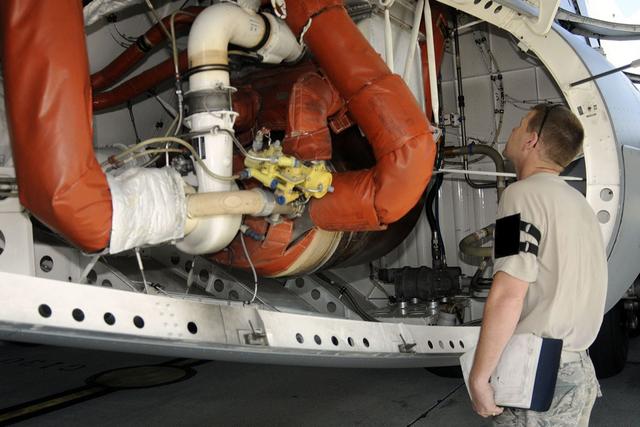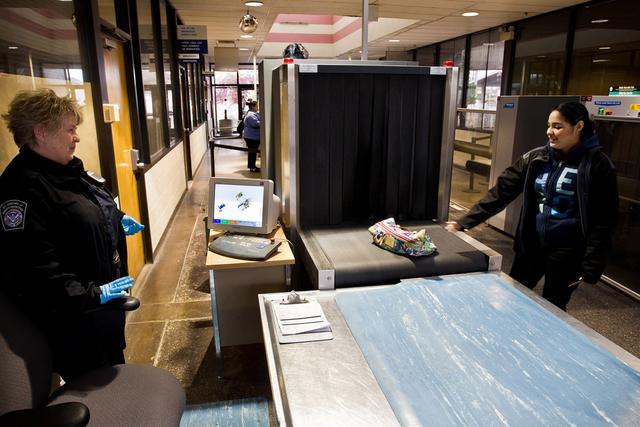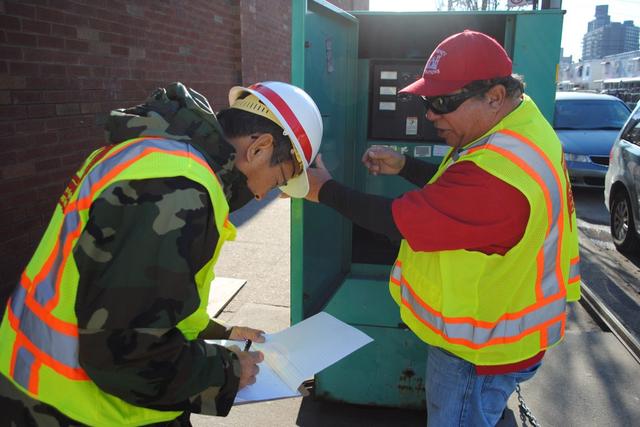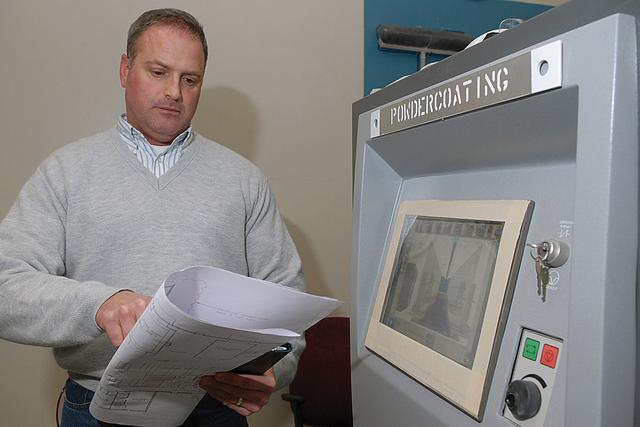Transportation Engineers
Overview

Introduction
Transportation engineers design the plans for transportation systems or parts of systems. They work on transportation projects for highways, streets, bridges, drainage structures, roadway lighting, as well as airports and commuter trains. They make sure transportation plans comply with engineering standards and state and federal construction policies. Engineers work closely with contractors, utility companies, and government agencies. The Department of Labor categorizes transportation engineers as civil engineers. In May 2019, there...
Quick Facts
Median Salary
Employment Prospects
Minimum Education Level
Experience
Skills
Personality Traits
Earnings
Transportation engineers employed in the United States in September 2020 earned a median salary of $67,416. Salaries ranged from $55,000 to $93,000 or more. The cities that paid the highest wages were Seattle, Washington; New York City, New York; and Denver, Colorado.
Civil engineers earned a median salary of $87,060 in May 2019, according to the Department of Labor. The lowest 10 percen...
Work Environment
Transportation engineers work predominantly indoors in offices, spending much of their time on computers to review and create transportation plans and other documentation. They also travel to sites of transportation engineering projects to gather information and identify and solve design problems. They usually work full-time business hours, and often work more than 40 hours per week. When neede...
Outlook
Transportation engineers are expected to have steady employment growth in the coming years. The Department of Labor, however, predicts slower than average employment growth (2 percent) for civil engineers through 2029. As highways, bridges, roads, dams, and other infrastructures age, transportation engineers will be needed to help improve on transportation systems designs. In addition, the coro...


